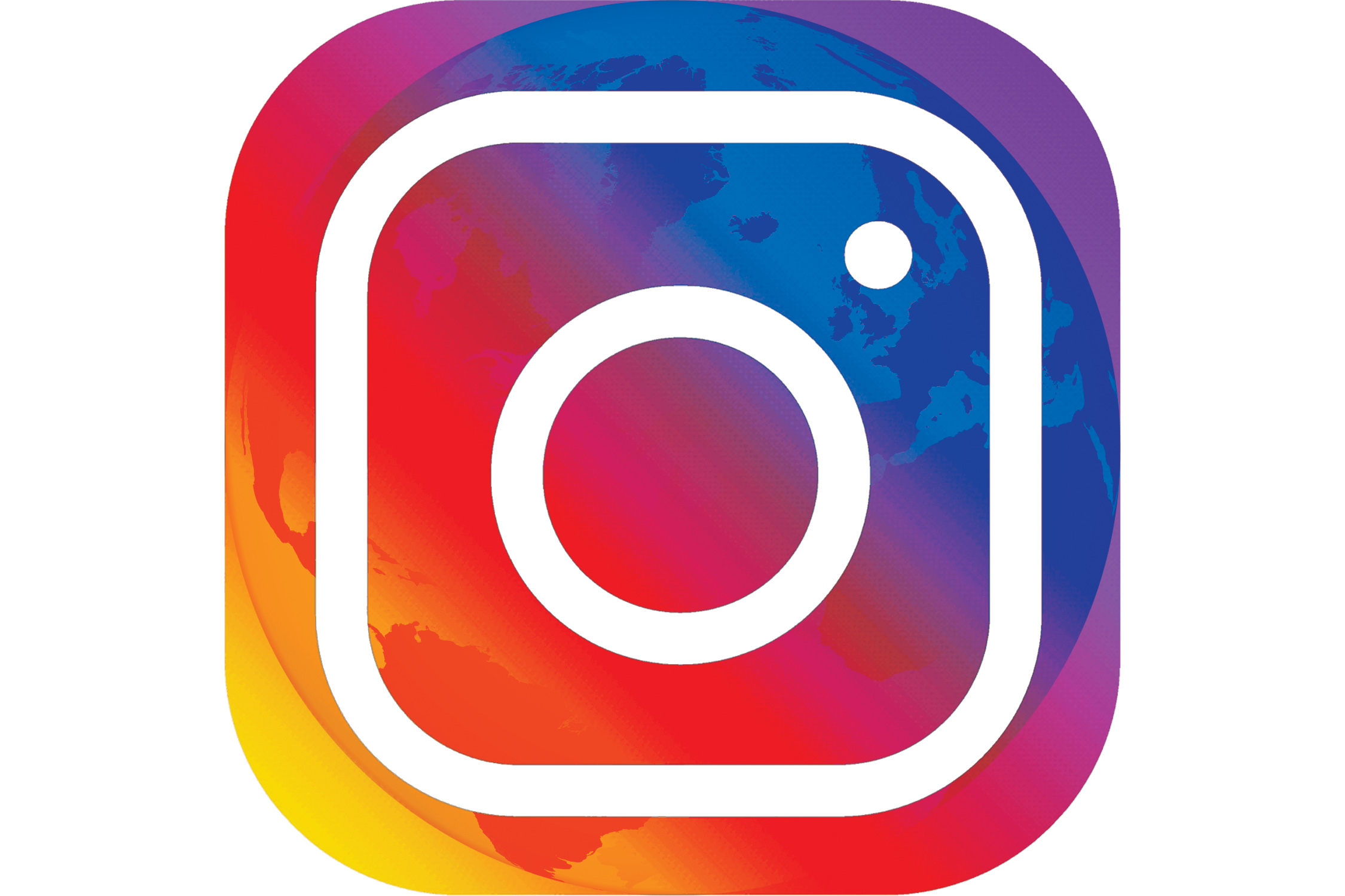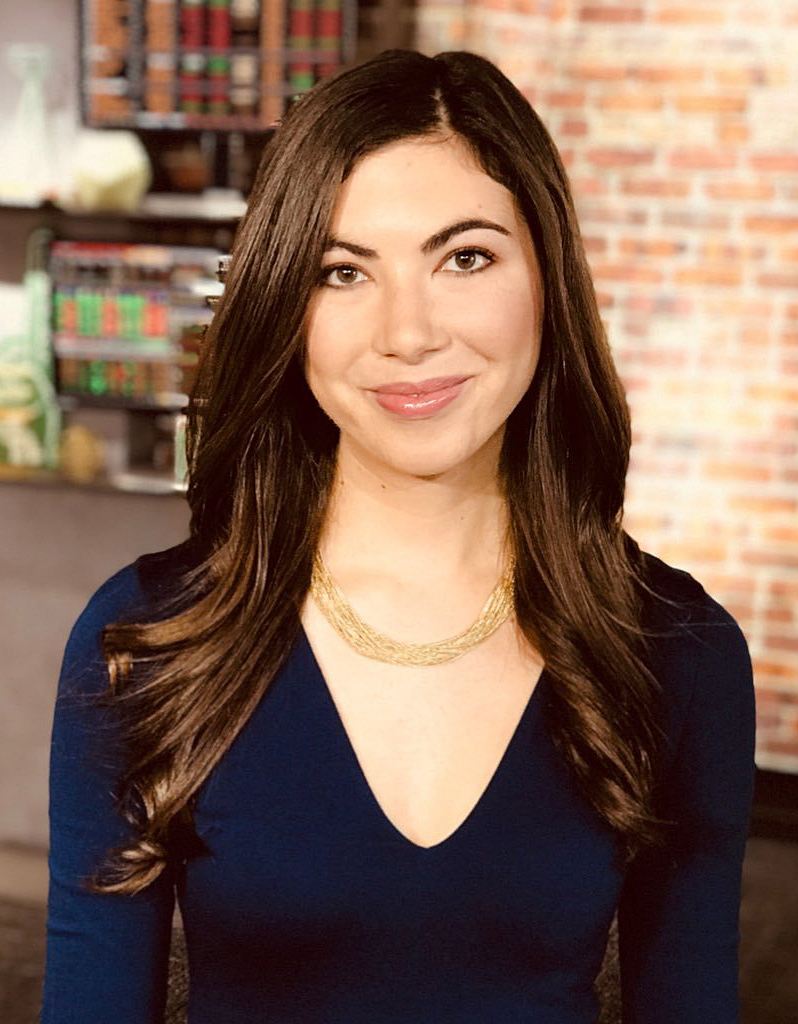How Instagram Filters Our World
Posted on April 29, 2020
 Launched only a decade ago — about the time today’s fourth graders were born — Instagram grew up fast.
Launched only a decade ago — about the time today’s fourth graders were born — Instagram grew up fast.
The photo-sharing phenomenon has attracted more than a billion users, become one of the most important pieces of Facebook’s social media empire and changed everything from the global tourism industry to the color palate of restaurant food. When someone pauses to snap a cellphone selfie or catch the perfect angle on a plate of avocado toast, odds are good the photo will land on Instagram.

Sarah Frier ’11
“So many of the things you experience in the world now are shaped by this visual imperative in a way they weren’t before Instagram, at least not to the same degree,” said Sarah Frier ’11, a Bloomberg News reporter based in San Francisco.
Frier has covered the accelerating world of technology and social media since she left Carolina. The former Daily Tar Heel editor has charted the growing influence of Silicon Valley over culture, media, politics and much more. Her first book, No Filter: The Inside Story of Instagram, was published by Simon & Schuster in April.
You’ve covered a lot of technology stories over the past eight years — everything from free speech fights at Twitter to data privacy at Apple. How did you decide on Instagram for your first book?
In 2016, there was an epic story we all missed, which is the huge amount of misinformation spread on Facebook and the impact that was having on politics and democracy. As a reporter, I started asking: “What is the next big thing I’m not thinking about? What’s the next big thing we’re not covering?” Instagram was one of those things I decided I needed to dive into more. I had spent so much time delving into the drama at Twitter, at Snapchat, at Facebook. I really just hadn’t looked — nobody had taken a close look — at Instagram.
A lot of your Bloomberg stories have a business angle, but the book takes a deeper dive into Instagram’s cultural influence. Why?
I worked on a Businessweek cover story about the company, which had been acquired by Facebook, and found that there was tension in the company about how independent Instagram should be. This attempt to build a better social media platform within the largest social media platform was really fascinating. But the story is much bigger. Instagram has completely changed what we value in our society and has changed the nature of our economy. Even if you don’t use it, you can probably still appreciate the way Instagram has changed restaurants and travel and weddings. It has really increased the value we as a society place on visuals in our culture. If you’re in the millennial generation, you’re more likely to spend your extra money on something that’s an experience, and usually a photogenic experience. Food, travel, events — going somewhere to take a picture of it. And home decor has really boomed!
Aside from the focus on visuals, what makes Instagram different from other social media?
You can’t re-share content from other people — there’s no retweet button. So things can’t really “go viral” in the same way they can on other platforms, where one piece of content can get shared by millions of people. That means that everything you post on Instagram is something you saw or did or somehow captured. So it becomes the ultimate personal branding tool, because it’s all your content, not something you’re borrowing from someone else. It’s the encapsulation of what you think is interesting about the world around you. That creates a whole different set of incentives — it pushes people to get out into the world and find things they want to share. You can have a really lively Twitter account just sitting on your couch; that’s not really true with Instagram.
1,000,000,000
active Instagram users worldwide
And there are people who make a living off this?
They’re called influencers, yes! One of the reasons we put so much value on our Instagram follower count is that it can actually be lucrative. People are making money off of their followings, they’re building businesses off of their followings by promoting products or events. I talked to people who started a business from their apartment, an entire brand based off their Instagram following. There are a lot of people running Instagram followings like their own little media organizations. They have staff, brand relationships, products, merchandise. I think the extent to which this economy is occurring, we just really haven’t talked about it. This is a wild west, and it’s full of really amazing, heartening stories of people being really creative. But also a lot of fraud and shortcuts. When you have an industry that isn’t really being examined closely, even by Instagram as a company, people can get hurt.
37%
of U.S. adults used Instagram in 2019
Aren’t people also worried about the way Instagram influences kids?
A lot of people are using Instagram in this very performative, even fake way, making life more beautiful or perfect than it actually is. There is a lot of concern about mental health among young people, concern about how people are benchmarking their success against others. People think that what they see from these professional accounts is reality, but a lot of times it’s not. Sometimes by digital editing, and sometimes by physical editing — by actual plastic surgery. And people feel a lot of pressure about this personal branding now. There are college students concerned they won’t get into the good Greek groups unless they look interesting on Instagram, that they won’t get dates unless they look good on Instagram. It’s really become part of the infrastructure of society, for better and for worse.
More than 50%
of all Instagram users are younger than 34
Now that you’ve dug into all of this, how do you personally use social media?
I use all of these platforms professionally now. I need to understand what it’s like to be a user in order to report on them well. And in a way, I think everyone is using the product professionally. Friends who used to have Instagram and Facebook and Twitter for personal reasons are now using it as a tool to present their personal brand.
Top countries by users:
United States: 116 million
India: 73 million
Brazil: 72 million
What’s something you wish people understood better about companies like Facebook (which owns Instagram)?
People forget that they’re not actually the customer for these platforms — the customers for social media are the advertisers. It’s all about selling you to advertisers. Facebook is built on our data. Not just the things we post, but the way we scroll or how long we pause on something. Every single interaction we make feeds into Facebook’s data for advertisers on how to reach us and when to reach us. A lot of what Facebook shows us is based on what we’ve already seen and meant to keep us longer in the product. That’s another consequence. It’s not just about being tracked or surveilled. It’s about the company’s attempts to understand us or manipulate us into staying online longer. I want people to know how their behavior is shaped by decisions they can’t see. If people understand how the products manipulate us, they’ll be better able to contend with it. By knowing how the company thinks, how the world of the Instagram economy works, people can make better-informed, healthier decisions about how to use the platform.
— Eric Johnson ’08
Thanks for reading the Carolina Alumni Review
Carolina Alumni members, sign in to continue reading.
Not yet a member? Become one today.
